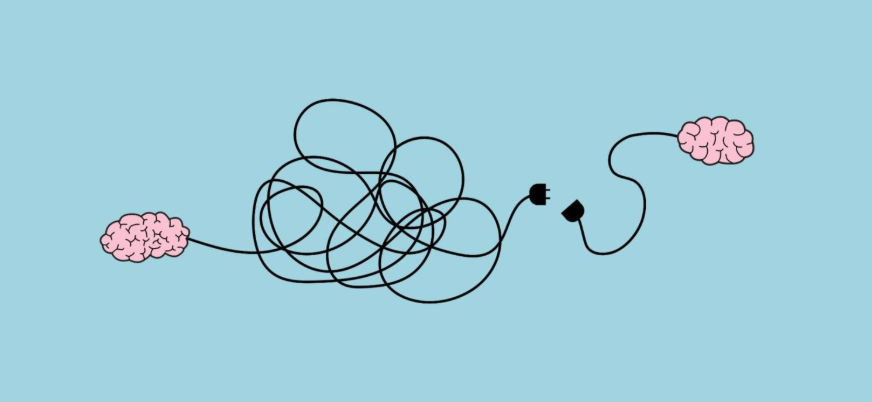
Improving Your Relationships
March 7, 2023
Positive Impacts of Art Therapy
March 18, 2023Subjective Units of Distress
Have you ever thought about your emotions existing on a spectrum?
Let’s look at anger as an example. One may report feeling angry, but there is a big difference between the anger we feel when someone cuts us off while driving, versus the anger we may feel when we are deeply betrayed by a loved one. It can be difficult to communicate distressing emotions like anger. And even more difficult to care for ourselves appropriately if we don’t know where we are at on the spectrum.
To understand ourselves better, and to communicate our internal experiences to others Wolpe & Lazarus (1966) developed the Subjective Units of Distress Scale or SUDS for short. Imagine it like a feelings thermometer that assigns a numerical value to emotions, from 0 (serenity) to 10 (crisis mode). The scale can also be alternatively used on a scale of 1-100.
As noted in the name, the scale is subjective meaning it’s perfectly catered to you. Think about your 0 right now. What does 0 distress look like for you? Now, what about a 2 or 3? This may be the frustration one feels in the traffic example. How about a 7, 8, or 9? When does it start to feel like you’re losing control?
How to Use it
Consider this: after a tough day at work you notice your SUDS is a 4 and you choose to care for yourself by having a bath. In an alternative scenario, imagine being so distressed you’re on the verge of self-harm. You’re yelling, crying, and pacing the room. A SUDS level 9. Would a bath be a good suggestion in this moment of crisis? We know that coping skills do not have the same effect for a 9 as they do for a 4, so what can we do about that?
Exploring your SUDs cultivates awareness because it forces you to notice how emotions show up in your body and the subtleties in sensations as you move up your subjective scale. How does a 4 feel different than a 5? Are your fists beginning to clench? Do you feel the tension in your chest intensifying? When we become more attuned to our emotions and their sensations we can be better at regulating them. We can take action sooner and implement our coping skills to de-escalate instead of continuing mindlessly until we are overwhelmed and feeling out of control.
SUDS can also provide important feedback on whether we are making improvements. For example, if public speaking initially evoked a SUDS score of 7, but after important self-work and therapeutic intervention it now only evokes a 5, you know you are moving in the right direction.
SUDS can be a great tool for understanding your inner experience, cultivating mindfulness, implementing proactive coping, and communicating with your therapist.
If SUDS appeals to you Contact Us at 250-718-9291 or email us at [email protected] for more information or to book an appointment.
Further reading:
- Antony, M. M., & Barlow, D. H. (2010). Handbook of Assessment and Treatment Planning for Psychological Disorders. New York, NY: Guilford Press.
- Newman, C. F., Leahy, R. L., Beck, J. S., Reilly-Harrington, N. A., & Gyulai, L. (2007). Cognitive Therapy in Clinical Practice: An Illustrative Casebook. New York, NY: Guilford Press.
- American Psychological Association. (2010). Diagnostic and Statistical Manual of Mental Disorders (DSM-5). Washington, DC: Author.

Written by: Sarrah Hohmann MACP
To book: Click Here





